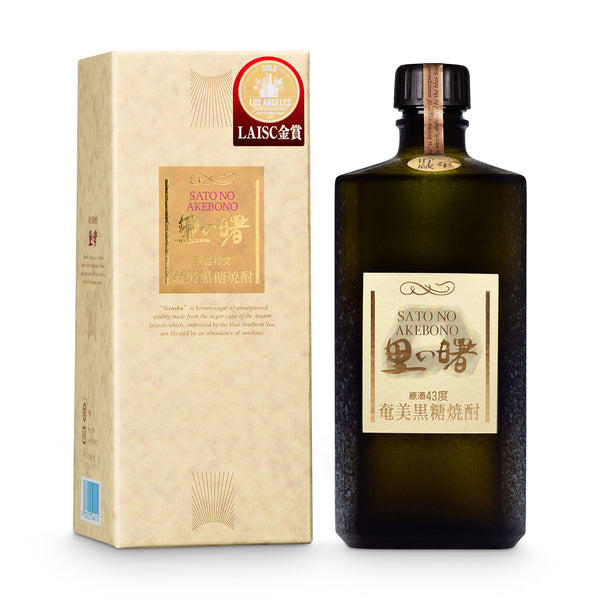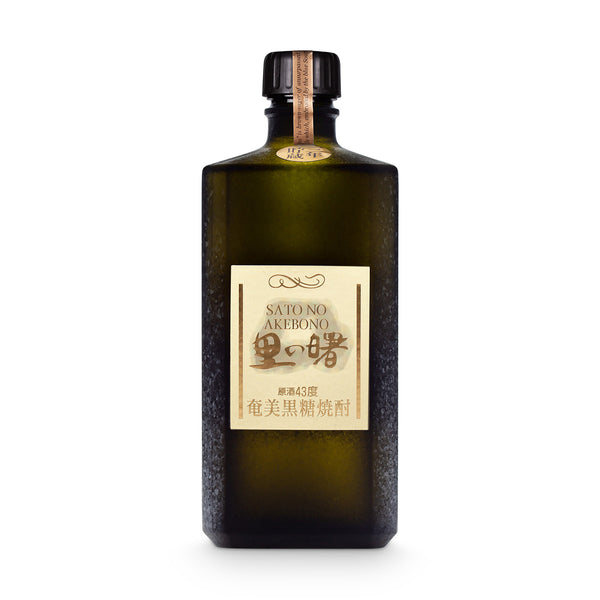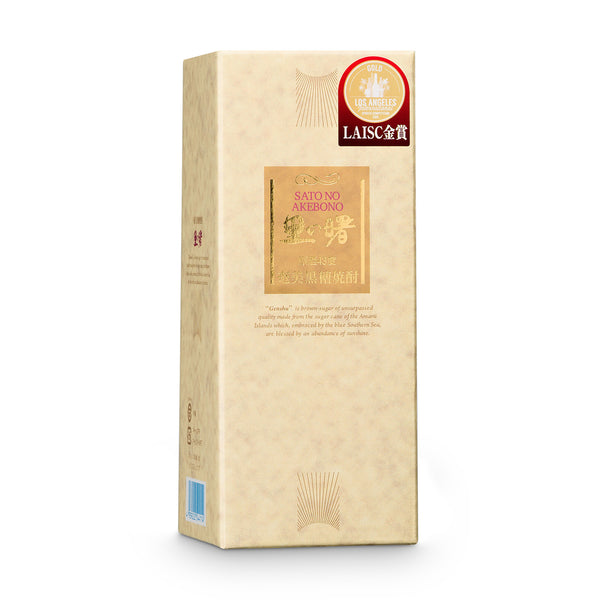
Sato No Akebono Genshu Shochu
Content: 0,72l / Alcohol: 43%
Delivery time: 2-4 working days
Collection currently not available
The Sato No Akebono Genshu Shochu is a Kokuto (brown sugar) Shochu with a complex taste and a fine, sweet-fruity note. Kokuto Shochu may only be produced on Amami Island, a group of islands an hour's flight south of Kagoshima. The Sato No Akebono Genshu Shochu has an alcohol content of 43% vol., a smooth texture and matures for over three years in steel tanks.
Learn more
About the manufacturer



